For half a century, Israel’s occupation of the West Bank, including East Jerusalem, and the Gaza Strip has resulted in systematic human rights violations against Palestinians living there.
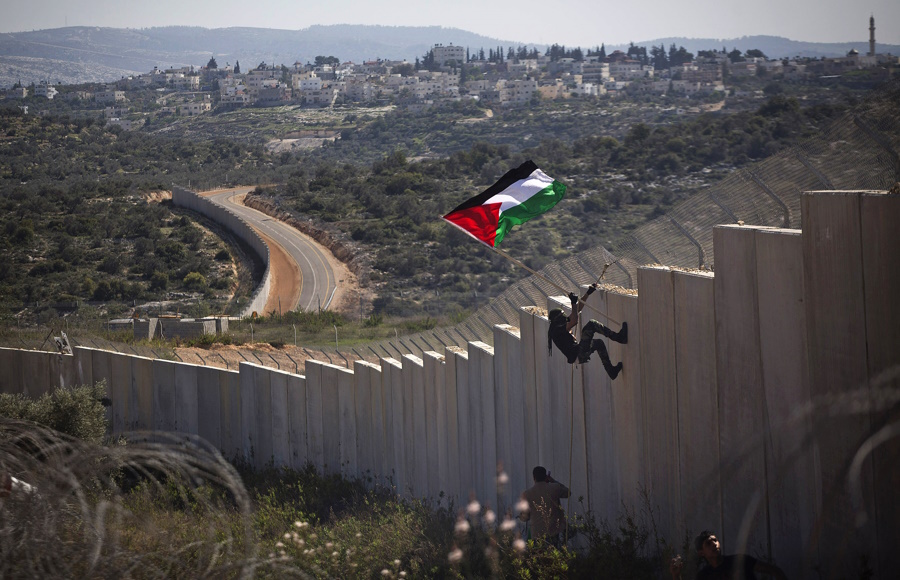
Since the occupation first began in June 1967, Israel’s ruthless policies of land confiscation, illegal settlement and dispossession, coupled with rampant discrimination, have inflicted immense suffering on Palestinians, depriving them of their basic rights.
Israel’s military rule disrupts every aspect of daily life in the Occupied Palestinian Territories. It continues to affect whether, when and how Palestinians can travel to work or school, go abroad, visit their relatives, earn a living, attend a protest, access their farmland, or even access electricity or a clean water supply. It means daily humiliation, fear and oppression. People’s entire lives are effectively held hostage by Israel.
Israel has also adopted a complex web of military laws to crush dissent against its policies, and senior government officials have branded Israelis advocating for Palestinian rights as “traitors”.
For the last 50 years, Israel has been forcing thousands of Palestinians off their land, occupying and illegally using it to create settlements that exclusively house Jewish Israeli settlers.
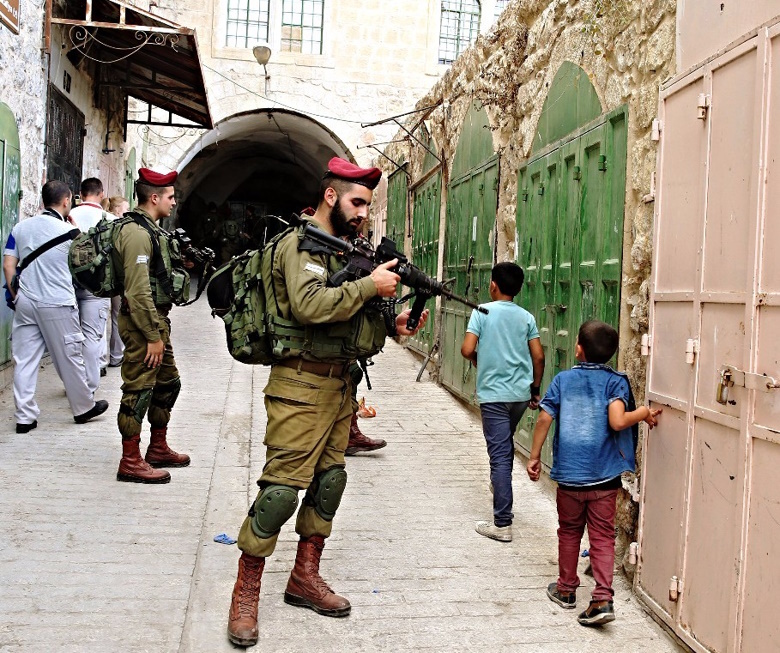 Entire Palestinian communities have been displaced by these settlements. Their homes and livelihoods have been destroyed, they’ve had restrictions enforced on their movement, access to their own water, land and other natural resources. The communities have also been violently attacked by the Israeli military and settlers. We must act now.
Entire Palestinian communities have been displaced by these settlements. Their homes and livelihoods have been destroyed, they’ve had restrictions enforced on their movement, access to their own water, land and other natural resources. The communities have also been violently attacked by the Israeli military and settlers. We must act now.
We want governments to stop enabling the economy that keeps these illegal settlements growing and fuels the suffering of Palestinians: and you can help.
The issue is not just about Israel taking Palestinian land and resources illegally. Governments around the world are letting goods produced in these settlements into their markets, and are allowing companies in their countries to operate in settlements. All of this helps the illegal settlements profit and thrive.
Israel’s relentless land grab: Illegal Israeli settlements
Israel’s policy of constructing and expanding illegal settlements on occupied Palestinian land is one of the main driving forces behind the mass human rights violations resulting from the occupation. Over the past 50 years, Israel has demolished tens of thousands of Palestinian properties and displaced large swathes of the population to build homes and infrastructure to illegally settle its own population in the occupied territories. It has also diverted Palestinian natural resources such as water and agricultural land for settlement use.
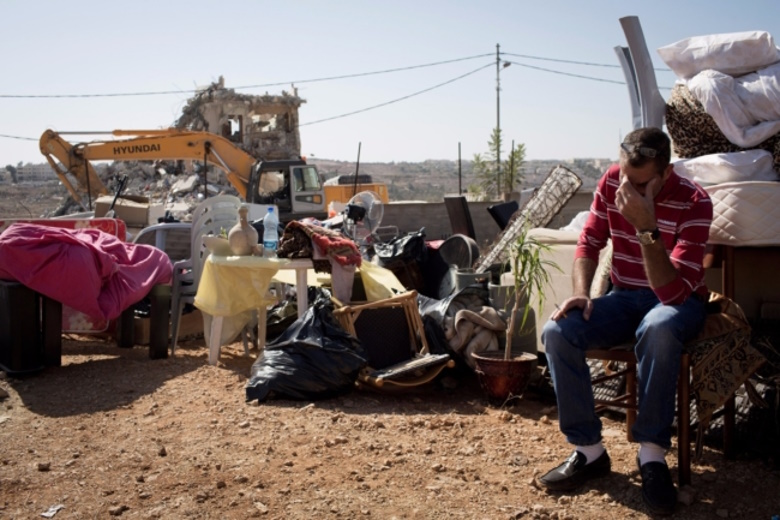 The very existence of settlements in the Occupied Palestinian Territories violates international humanitarian law and is a war crime. Despite multiple UN resolutions, Israel has continued to appropriate Palestinian land and support at least 600,000 settlers living in the occupied West Bank, including East Jerusalem. Until 2005, more than 9,000 Israeli settlers were illegally residing in Gaza.
The very existence of settlements in the Occupied Palestinian Territories violates international humanitarian law and is a war crime. Despite multiple UN resolutions, Israel has continued to appropriate Palestinian land and support at least 600,000 settlers living in the occupied West Bank, including East Jerusalem. Until 2005, more than 9,000 Israeli settlers were illegally residing in Gaza.
In recent months, Israel has accelerated settlement expansion. The government has announced plans for thousands of new homes in existing settlements, as well as the establishment of two new settlements in the occupied West Bank.
As well as illegally building settlement homes and infrastructure on Palestinian land, Israeli and international businesses in settlements have established a thriving economy to sustain their presence and expansion. This “settlement enterprise” relies on unlawfully appropriated Palestinian resources, including land, water and minerals, to produce goods that are exported and sold for private profit. Hundreds of millions of dollars’ worth of settlement goods are exported internationally each year.
Daily life under occupation: trapped and oppressed
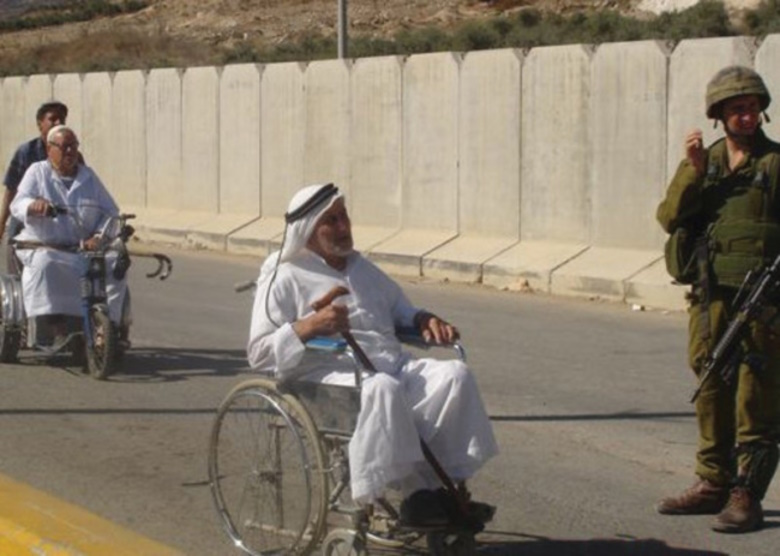 The hundreds of Israeli military closures across the West Bank such as checkpoints, roadblocks and settler-only roads, as well as the overall permit regime, make simple daily tasks for Palestinians who are trying to get to work, school or hospital a constant struggle. Israel claims the winding 700-km fence/wall is there to prevent armed attacks on Israel by Palestinians. But that does not explain why 85% of it is built on Palestinian land, including land deep inside the West Bank. What the fence/wall does is cut off Palestinian communities from each other and rip families apart. It also deprives Palestinians from accessing essential services and separates farmers from their land and other resources, crippling the Palestinian economy. Inherently discriminatory and unjust laws also prevent many people from being able to marry, or travel within the occupied territories or into Israel to visit or live with their loved ones. These arbitrary restrictions are discriminatory and unlawful and must be lifted immediately.
The hundreds of Israeli military closures across the West Bank such as checkpoints, roadblocks and settler-only roads, as well as the overall permit regime, make simple daily tasks for Palestinians who are trying to get to work, school or hospital a constant struggle. Israel claims the winding 700-km fence/wall is there to prevent armed attacks on Israel by Palestinians. But that does not explain why 85% of it is built on Palestinian land, including land deep inside the West Bank. What the fence/wall does is cut off Palestinian communities from each other and rip families apart. It also deprives Palestinians from accessing essential services and separates farmers from their land and other resources, crippling the Palestinian economy. Inherently discriminatory and unjust laws also prevent many people from being able to marry, or travel within the occupied territories or into Israel to visit or live with their loved ones. These arbitrary restrictions are discriminatory and unlawful and must be lifted immediately.
“Israel is (…) under an obligation to return the land, orchards, olive groves and other immovable property seized (…) for purposes of construction of the wall in the Occupied Palestinian Territory (…) All States are under an obligation not to recognize the illegal situation resulting from the construction of the wall
International Court of Justice Advisory Opinion, 2004″
Although Israel withdrew ground troops from the Gaza Strip in 2005, it maintains an illegal air, sea and land blockade on Gaza and maintains a so-called “access-restricted area” or buffer zone within Gaza. These have cut off more than 2 million Palestinians from other parts of the Occupied Palestinian Territories and the outside world for 10 years.
Restrictions on natural resources
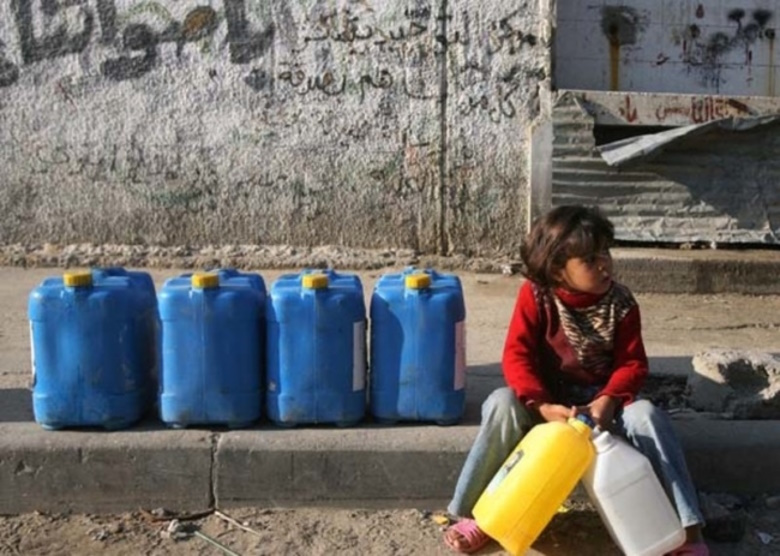 As well as controlling where Palestinians can go and who they see, Israel also controls and arbitrarily restricts their access to safe, clean water. Water consumption by Israelis is at least four times that of Palestinians living in the OPT.
As well as controlling where Palestinians can go and who they see, Israel also controls and arbitrarily restricts their access to safe, clean water. Water consumption by Israelis is at least four times that of Palestinians living in the OPT.
“Water is life; without water we can’t live… The soldiers first destroyed our homes and the shelters with our flocks, uprooted all our trees, and then they wrecked our water cisterns… We struggle every day because we don’t have water.”
Fatima al-Nawajah, a resident of Susya, a Palestinian village in the South Hebron Hills
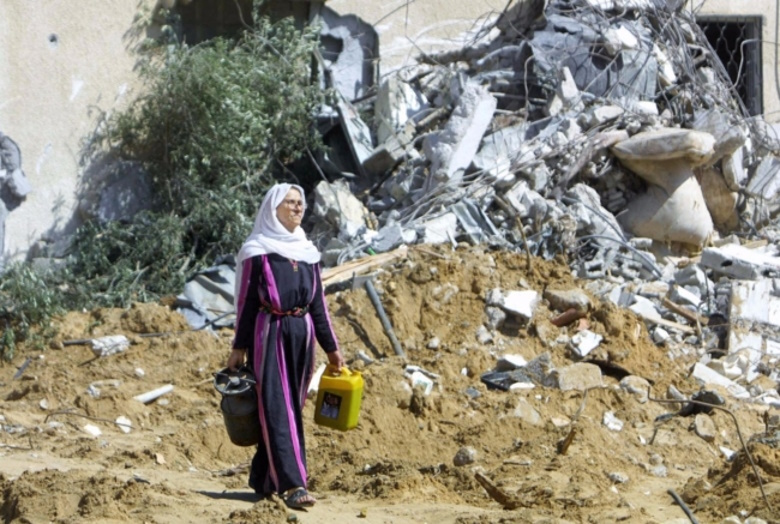 Israel’s restrictive allocation of water to Palestinians neither meets the Palestinian population’s basic needs nor constitutes a fair distribution of shared water resources. Swimming pools, well-watered lawns and large irrigated farms in Israeli settlements on occupied land – lush green even at the height of the dry season – stand in stark contrast next to the parched and arid Palestinian villages on their doorstep, where residents struggle to have enough water to wash, take a shower, cook, clean or drink, let alone to water their crops.
Israel’s restrictive allocation of water to Palestinians neither meets the Palestinian population’s basic needs nor constitutes a fair distribution of shared water resources. Swimming pools, well-watered lawns and large irrigated farms in Israeli settlements on occupied land – lush green even at the height of the dry season – stand in stark contrast next to the parched and arid Palestinian villages on their doorstep, where residents struggle to have enough water to wash, take a shower, cook, clean or drink, let alone to water their crops.
Israel’s restrictive allocation of water to Palestinians neither meets the Palestinian population’s basic needs nor constitutes a fair distribution of shared water resources. Swimming pools, well-watered lawns and large irrigated farms in Israeli settlements on occupied land – lush green even at the height of the dry season – stand in stark contrast next to the parched and arid Palestinian villages on their doorstep, where residents struggle to have enough water to wash, take a shower, cook, clean or drink, let alone to water their crops.
Ref: Amnesty International




